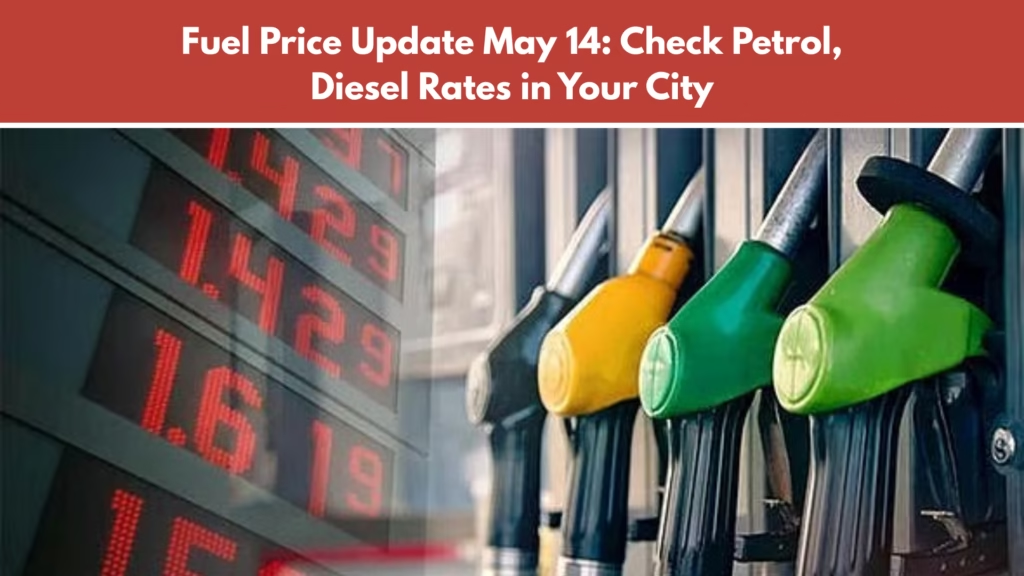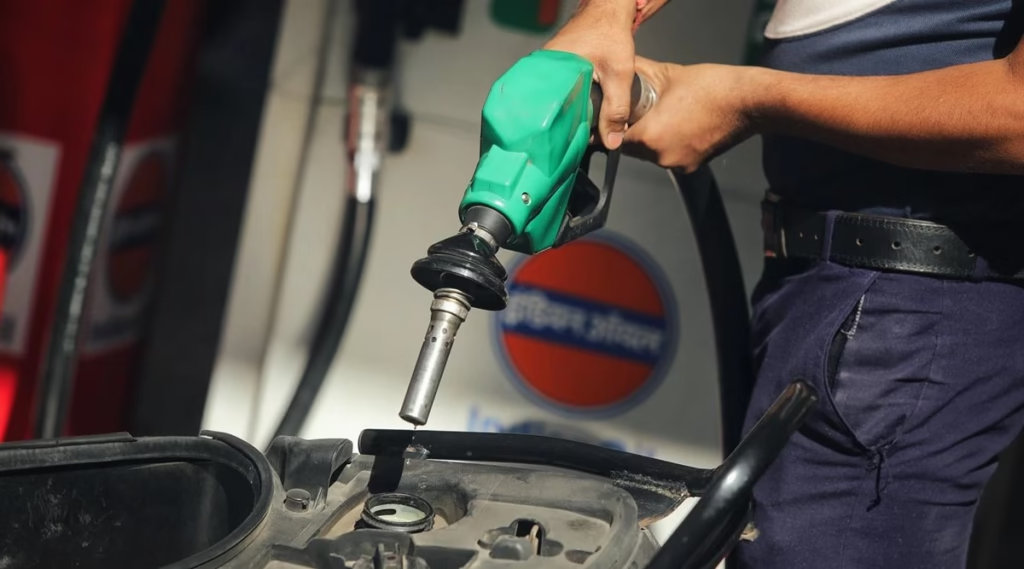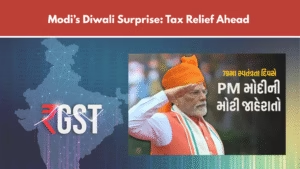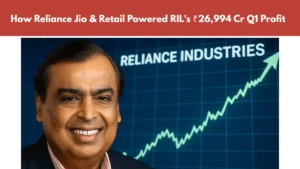Petrol Diesel Price Drop: Relief for Consumers Across India – Check Today’s Updated Rates

Petrol Diesel
Overview
Petrol Diesel Prices : Indian consumers received welcome news on May 14, 2025, as petrol and diesel prices saw a marginal drop in several states, providing relief from consistently high fuel costs. The change comes amid a decline in global crude oil prices and possible policy adjustments by the government.
Fuel Prices as of May 14, 2025
| City | Petrol (Litre) | Diesel (Litre) |
|---|---|---|
| Delhi | 94.72 | 87.62 |
| Mumbai | 104.21 | 92.15 |
| Chennai | 100.10 | 92.55 |
| Kolkata | 103.94 | 90.76 |
| Ahmedabad | 94.49 | 90.72 |
Note: Prices vary slightly depending on local taxes (VAT) imposed by individual state governments.

Reason Behind the Price Drop of Petrol Diesel
- Fall in Global Crude Oil Prices:
Brent crude has been trading lower due to global supply stability and weaker demand forecasts, resulting in room for domestic price corrections. - Strengthening of the Indian Rupee:
A slight improvement in the INR against the USD has helped reduce the cost of oil imports. - Ongoing Government Pressure:
The Indian government has been under public and political pressure to provide relief to common citizens, especially ahead of major state elections. - Excise Duty & VAT Adjustments:
Some state governments have revised their VAT on fuel recently, contributing to price relief.
Price Trend in Last 30 Days
| Date | Petrol Avg. (Litre) | Diesel Avg. (Litre) |
|---|---|---|
| April 15 | 95.10 | 90.75 |
| April 25 | 94.95 | 90.70 |
| May 1 | 94.89 | 90.70 |
| May 14 | 94.72 | 90.72 |
Public Reactions
- Many commuters and transport operators expressed relief on social media.
- However, some critics pointed out that the relief is modest and still far from previous Petrol Diesel price levels before the pandemic and inflation surge.
Global Crude Oil Price Trends
In recent weeks, global crude oil prices have experienced a significant downturn:
- Brent crude has fallen below $60 per barrel, reaching its lowest point in four years.
- West Texas Intermediate (WTI) crude futures have also seen declines, contributing to the overall decrease in global oil prices.
These reductions are primarily due to concerns over a global economic slowdown, trade tensions, and uncertainties in international markets.
Government Policy and Excise Duty Adjustments
Despite the drop in global oil prices, the Indian government has increased the excise duty on petrol and diesel by 2 per litre. This move aims to boost revenue without passing the additional cost onto consumers.
Oil Minister Hardeep Singh Puri stated that the state-controlled fuel retailers would absorb the excise duty hike, ensuring that retail fuel prices remain stable.
Economic Implications
The decline in global oil prices is expected to have several positive effects on the Indian economy:
- Reduced Import Costs: India is projected to save up to 1.8 lakh crore on crude oil and liquefied natural gas (LNG) imports due to the decrease in global energy prices.
- Lower Inflation: India’s retail inflation eased to 3.16% in April 2025, the lowest since July 2019, primarily due to slower food price increases.
- Potential for Interest Rate Cuts: The Reserve Bank of India (RBI) may consider further interest rate cuts to support economic growth, given the manageable inflation levels.
Factors Influencing Fuel Prices
Several factors contribute to the current stability in fuel prices despite falling global oil costs:
- Excise Duty Increases: The government’s decision to raise excise duties helps offset revenue losses but limits the potential for retail price reductions.
- OMC Financial Strategies: Oil marketing companies are absorbing the increased duties to maintain price stability, which affects their profit margins and limits their ability to reduce prices.
- State Taxes (VAT): Variations in state-imposed value-added taxes contribute to differences in fuel prices across regions.
Conclusion
While global crude oil prices have declined significantly, Indian consumers have yet to see corresponding reductions in petrol and diesel prices. Government policies, including increased excise duties and the financial strategies of oil marketing companies, play pivotal roles in maintaining current fuel price levels. The economic benefits of lower global oil prices are being utilized to strengthen fiscal stability and support broader economic growth.




